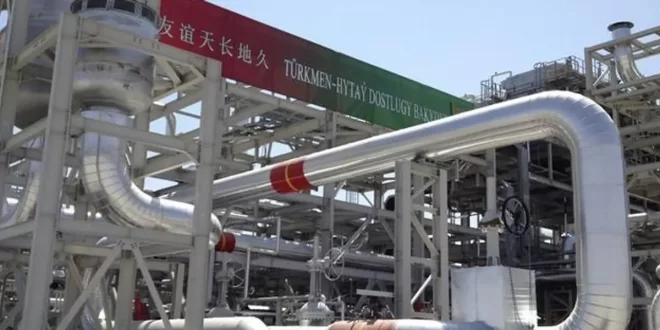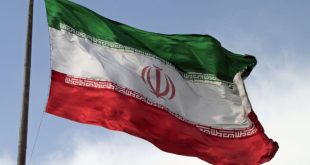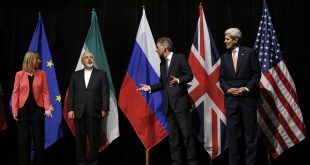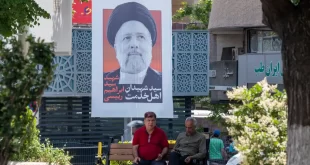Iran’s already significant winter gas shortage has been exacerbated by Turkmenistan’s decision to halt gas deliveries to Iran, including gas swaps with Azerbaijan this year.
This has created a challenging situation for Iran, which is struggling with a severe gas shortage during the winter months. The breakdown of these gas-related agreements underscores the urgent need to address Iran’s energy crisis.
Turkmenistan’s decision to suspend gas exports to Iran dates to January 2017 when it cited Iran’s long-term delays in paying off gas debts. An International Court of Justice ruling required Iran to pay $2 billion to Turkmenistan. Iran’s Oil Minister Javad Owji stated that Iran had settled its principal debt to Turkmenistan until July 2022, and limited gas imports from Turkmenistan had resumed.
According to statistics from the National Gas Company of the Islamic Republic, Iran has purchased on average 775 million cubic meters of gas from Turkmenistan during the first 4 months of the current Iranian fiscal year, which started on March 22.
The initial resumption of natural gas imports from Turkmenistan provided a much-needed reprieve for Iran, which was able to reduce its daily consumption of dirty fuels such as mazut and diesel in the industrial sector and power plants.
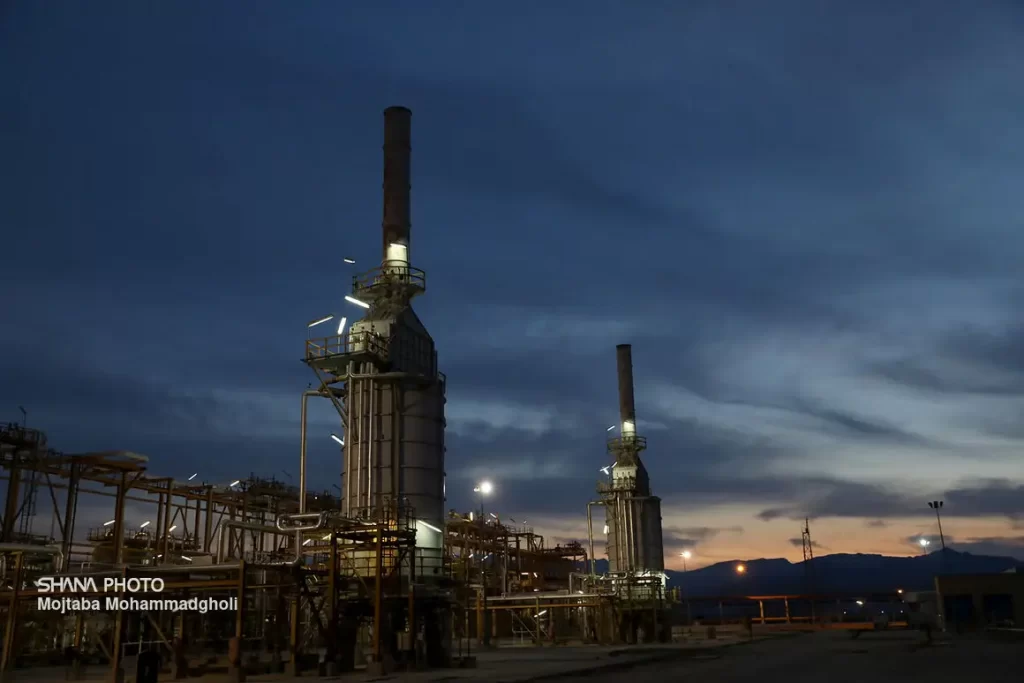
Over the past two years, Iran has faced gas shortages not only in the fall and winter but also in the spring and summer, burning 20 million liters of mazut daily in industries and particularly power plants even during the warm seasons. In winters, Iran’s gas shortage is so severe that not only the delivery of gas to petrochemical plants is restricted but also the daily consumption of mazut in the country’s power plants and industries reaches over 45 million liters. This blankets most urban areas in a thick fog of smug, further angering a disgruntled population.
Each cubic meter of gas can replace about one liter of mazut or diesel. In recent months, Iran has negotiated with Turkmenistan to revive the previous agreement for the daily import of 30 million cubic meters of gas. Additionally, discussions have taken place regarding a daily swap of 25 million cubic meters of Turkmenistan’s gas to Iraq. The arrangement would entail Turkmenistan delivering gas to northeastern Iran, while Iran would deliver gas to Iraq in the southwest.
Amidst the silence of the Ashgabat government in recent days, Iranian officials and institutions have announced the cessation of gas deliveries from Turkmenistan. They state that both the gas swap from Turkmenistan to Azerbaijan via Iran and the direct sale of gas to Iran have been halted.
The Republic of Azerbaijan, however, has not yet reacted to the news.
Iran receives a 15% fee from the gas swap operations between Turkmenistan and Azerbaijan. Official statistics from Azerbaijan show that in 2023, approximately 1.5 billion cubic meters of Turkmen gas was received through Iran. Therefore, from the gas swap deal, Iran extracted around 250 million cubic meters of gas as a swap fee, although these are relatively small figures, given Iran’s daily consumption of around 800 million cubic meters.
For Azerbaijan, gas swap becomes beneficial when there is a significant price difference between Turkmenistan’s gas and the European market. However, the current price in European markets is around $350 per 1,000 cubic meters, or one-third of previous winter’s rates.
As a result, Azerbaijan no longer desires to continue receiving gas from Turkmenistan through Iran and re-exporting to Europe. Moreover, last summer, Azerbaijan inaugurated the first phase of the Absheron gas field, adding 1.5 billion cubic meters annually to its export capacity. All this gas will be directed to European markets.
Thus, the government in Baku practically has surplus gas and needs to capture new European markets and no longer needs Turkmenistan’s gas.
Iran insists on a 15% swap fee, while, for instance, Georgia and Turkey receive only a 5% transit fee from Azerbaijan.
Turkmenistan initiated talks on gas exports to Turkey last December, and the focus of these negotiations was likely on the gas swap with Iran. In this scenario, Ashgabat would deliver its gas to northeastern regions of Iran and, in return, Iran would provide its gas to Iraq and Turkey, earning swap fees.
However, as mentioned, Iran is adamant about extracting a 15% swap fee because, according to Iran, Iraq, Turkmenistan, and even Turkey and Azerbaijan have no choice but to accept Iran’s conditions.
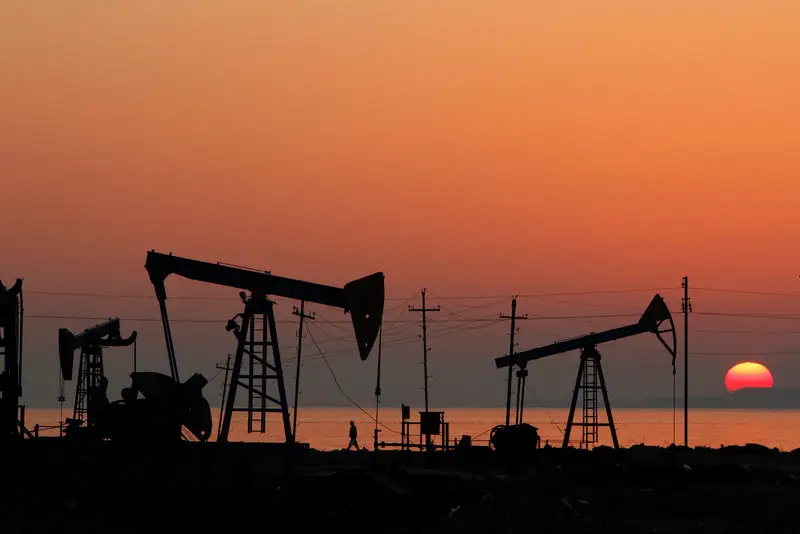
Azerbaijan, which opposes excessive fee demands by Iran, has also promptly compensated for the cessation of Iranian gas exports to Turkey in the winter seasons over the past two years and solidified its position in the Turkish market. Azerbaijan’s gas exports to Turkey experienced a 23% growth, reaching 8.7 billion cubic meters, making Azerbaijan the second-largest gas supplier to Turkey after Russia.
Although Iranian Oil Minister Javad Owji announced the payment of Iran’s ‘principal debt’ to Turkmenistan, he did not specify how much of the $2 billion debt, accumulated since the presidency of Mahmoud Ahmadinejad, has been paid and how much remains.
Iran also insists on paying Turkmenistan in goods and services instead of US dollars due to the American sanctions. This choice takes away Ashgabat’s incentive to export gas to Iran and makes Turkmenistan less willing to be involved in Iran’s sanction-related problems.
In 2022, Turkmenistan had over $10 billion in gas exports to China, and in the 11 months of 2023, it reached almost $9 billion. Although Turkmenistan still has a significant surplus of gas for export, the country prefers to sell it in exchange for US dollars, not Iranian goods.
Meanwhile, Iran’s total exports to Turkmenistan were less than half a billion dollars last year. Yet, the value of daily gas exports of 30 million cubic meters from Turkmenistan to Iran is at least $3 billion a year.
If Turkmenistan continues to halt gas exports to Iran in the winter, Iran will be forced to significantly increase Mazut consumption in power plants and industries. Moreover, there is a likelihood of further disruption in Iran’s gas exports to Iraq and Turkey.

